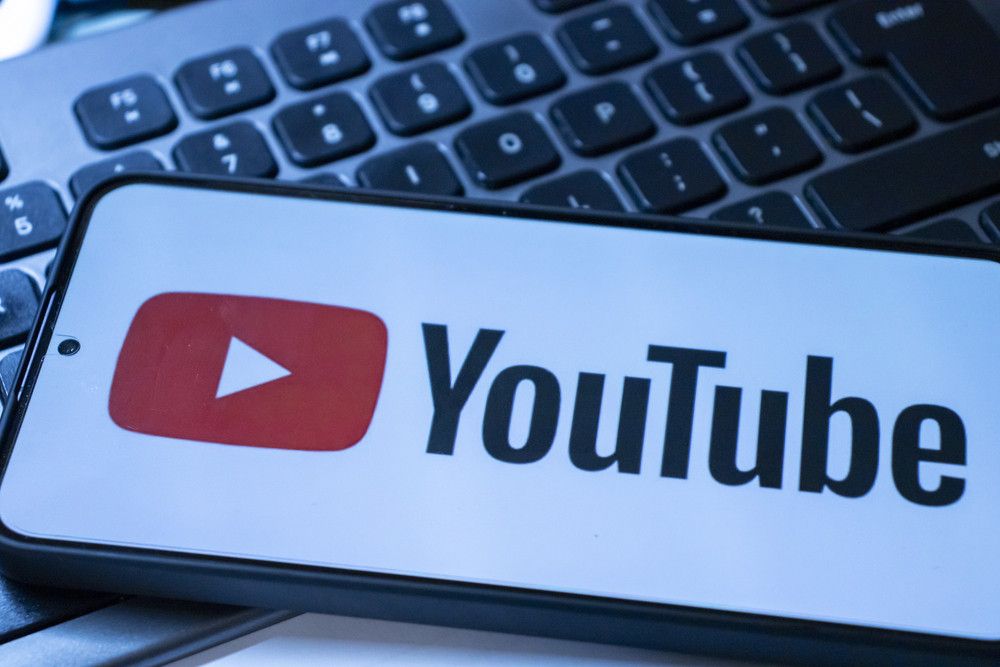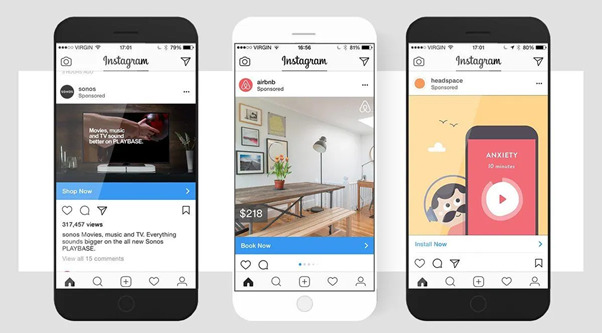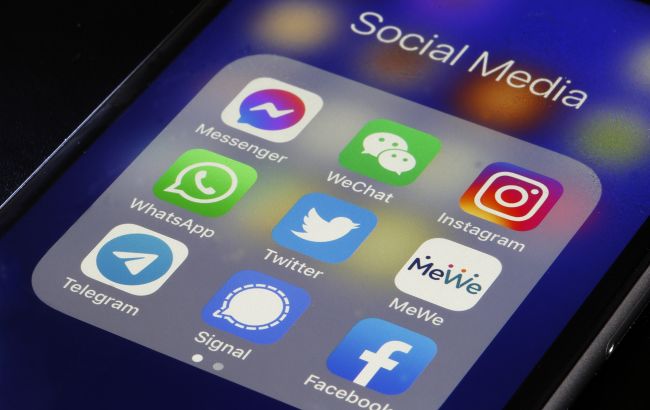
Zuckerberg wanted to delete all friends on Facebook to "reboot" the social network
According to Business Insider, Mark Zuckerberg once proposed deleting all users’ friends on Facebook as part of an attempt to breathe new life into the platform. Here's why this unusual idea came about.
What Happened
Zuckerberg revealed in court that he once considered deleting all friend connections for every Facebook user. This came to light during a legal case initiated by the U.S. Federal Trade Commission (FTC). His proposal, which he planned for 2022, aimed to revive the platform’s relevance. The case between Meta and the FTC could potentially lead to the breakup of the social media empire.
During the hearing, Zuckerberg admitted that Facebook had ceased to be a platform for connecting with friends. In the real world, people have fewer close friends, and the Facebook feed has shifted to entertainment and information consumption. In a 2022 internal email, Zuckerberg proposed deleting all “graphs”—a term he used to describe users' friend connections—and rebuilding them from scratch, fearing Facebook was losing its cultural relevance.
Tom Alison, head of Facebook, did not support the idea. Zuckerberg replied that Facebook had never followed through on his most radical plans.
As a reminder, Facebook recently replaced the “Friends” tab with a dedicated friends-only feed. This new section likely features fewer recent public posts but offers a break from sponsored content and random group updates that clutter user pages. This move followed the platform’s introduction of “Local” and “Explore” tabs, offering more content recommendations.
Why It’s Interesting
During his hours of testimony in a federal courtroom in Washington, Zuckerberg explained that Facebook has evolved dramatically since its launch more than 20 years ago. He noted that connecting with friends is no longer its core mission. In contrast, the FTC argues that Meta monopolizes apps focused on sharing content with friends and family.
The FTC's case claims that Meta—then known as Facebook—violated U.S. antitrust laws by acquiring Instagram in 2012 and WhatsApp in 2014.
Meta’s acquisition of Instagram for $1 billion and WhatsApp for $19 billion allegedly aimed to suppress competition and dominate the social media market, according to the FTC. The government argues that these purchases were part of Meta's “buy or bury” strategy to maintain dominance.
Court documents show that the FTC believes Meta preserved its monopoly “largely” by following Zuckerberg’s 2008 internal memo, in which he wrote: “It is better to buy than to compete.”
The FTC has sued Meta, claiming that the company has been reaping excessive profits for years—an indicator of insufficient competition. Meta’s attorney called the FTC’s case “wrong on the facts,” insisting that the acquisitions were legal, that no monopoly exists, and that Meta faces stiff competition, especially from TikTok and YouTube. This antitrust trial may last up to eight weeks and could result in Meta being forced to divest WhatsApp and Instagram if the FTC prevails.
Leave a Comment
Comments
No comments yet. Be the first to comment!
You may also like

Google tests YouTube reviews using AI
28-04-2025
Rating: 0 | Views: 1696 | Reading time: 2 min
Read →
MadBid vs eBid: New Era of Online Auctions
05-06-2014
Rating: 0 | Views: 0 | Reading time: 9 min
Read →
Instagram Advertising: How It Works, Who It’s For, and Why It’s More Than Just a Trend
21-05-2025
Rating: 0 | Views: 1566 | Reading time: 4 min
Read →
US prepares for radical regulation of social networks to protect children
16-05-2025
Rating: 0 | Views: 1267 | Reading time: 3 min
Read →
Nepal Blocks Dozens of Social Media Platforms, Including Facebook and YouTube
08-09-2025
Rating: 0 | Views: 2031 | Reading time: 2 min
Read →
